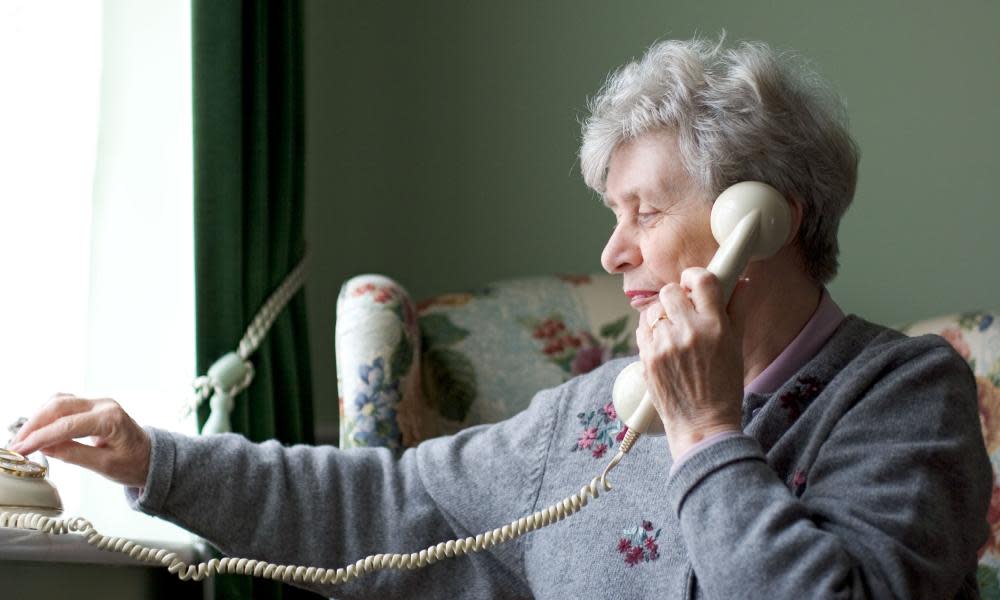Six ways to get through the next six months

The announcement of a new set of coronavirus restrictions across England and Scotland has made the prospect of a second wave and a new lockdown tangible.
With millions now bracing themselves for the autumn and winter ahead, the Guardian spoke to a number of experts for advice about how to get through the next six months.
1. Don’t get in a fight with your neighbours
As coronavirus restrictions ramp up again, so too will the pressure on harmonious garden-fence relations – and the second time around, our collective tolerance may have worn away a little.
Related: Coronavirus: Boris Johnson sets out new restrictions to last 'perhaps six months'
“If you do have a disagreement with a neighbour, the first thing is definitely to speak to them directly, in a sensible fashion,” says Nick Handley, who runs the West Sussex Mediation Service. He says that the charity’s caseload has increased substantially since the pandemic began – with noise complaints top of the list.
“Don’t be confrontational, try to see it from their perspective, and if you have to just agree to disagree and have a tolerable non-relationship, that’s probably better than escalating,” he adds.
2. Knock off early
With pubs and restaurants facing a new, firm 10pm cutoff, think about going out for dinner at 6pm instead of 8pm – and, if you can, front-loading your working day to accommodate your new plans. You’ll also be doing the embattled hospitality sector a favour.
default
3. Do something for other people
During the first lockdown, local mutual aid groups became a rare source of affirmation that not everything in the world was terrible.
“So many people have been left to struggle on their own,” says Dr Sally Marlow, a researcher at King’s College London and presenter of the Our Sick Society podcast. “Mutual aid groups were a brilliant rapid response to very basic needs. The mental health benefits for those volunteering are great as well.”
More generally, she suggests it’s a good time to “check in with the friends who live on their own if you’re able to”.
4. Get ready to nest
The new restrictions are biting just as autumn arrives. That means even more time inside, and even more reason to make your environment as pleasant as possible. Morag Myerscough, an artist and designer who had multiple commissions cancelled when lockdown first hit, kept herself busy creating a safe outdoor space and turning her entrance hall into a library; if that sounds a bit extreme, maybe you could buy a pot plant.
5. Stop trying to predict the future …
There’s not an awful lot you can do about the pandemic from your living room – and even less you can do to predict where it’s going next. That’s extremely difficult for us to deal with, explains Noel McDermott, a licenced psychotherapist and founder of a mental health consultancy.
“We are programmed to notice sources of risk or stress and to think about what’s happening next, for very good survival reasons that aren’t so helpful now,” he says. “So we have to focus on the here and now – and work on trying to adapt to this situation, not predicting changes to it.”
6. But plan things to look forward to
At this point, it’s hard to know whether you’ll be able to walk to the shops on Thursday, much less go to the Canaries at Christmas. Still, McDermott says, letting go of attempts to predict the future makes it all the more important to have things that cheer you up in the diary.
“Having positive things planned is really sensible,” he says. “We have to have things taking us into the future that give us meaning and purpose, to give life its contours.”
The alternative is avoidance, borne of a fatalistic sense that everything will be cancelled. “If you’re worried it will be called off, plan it anyway and embrace the risk – which is closer to the normal highs and lows of life than reinforcing the sense of a rupture by withdrawing completely.”

 Yahoo News
Yahoo News 
